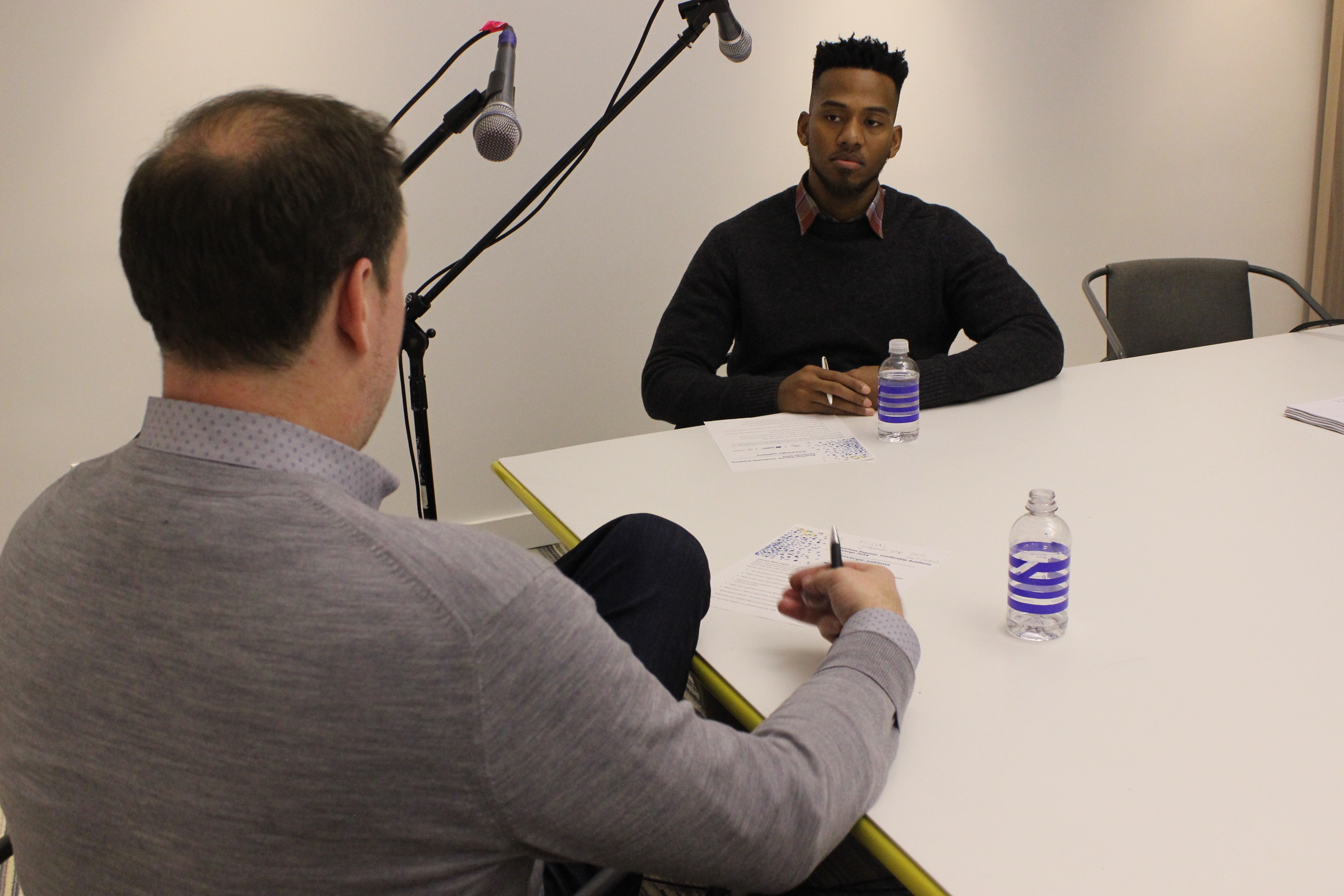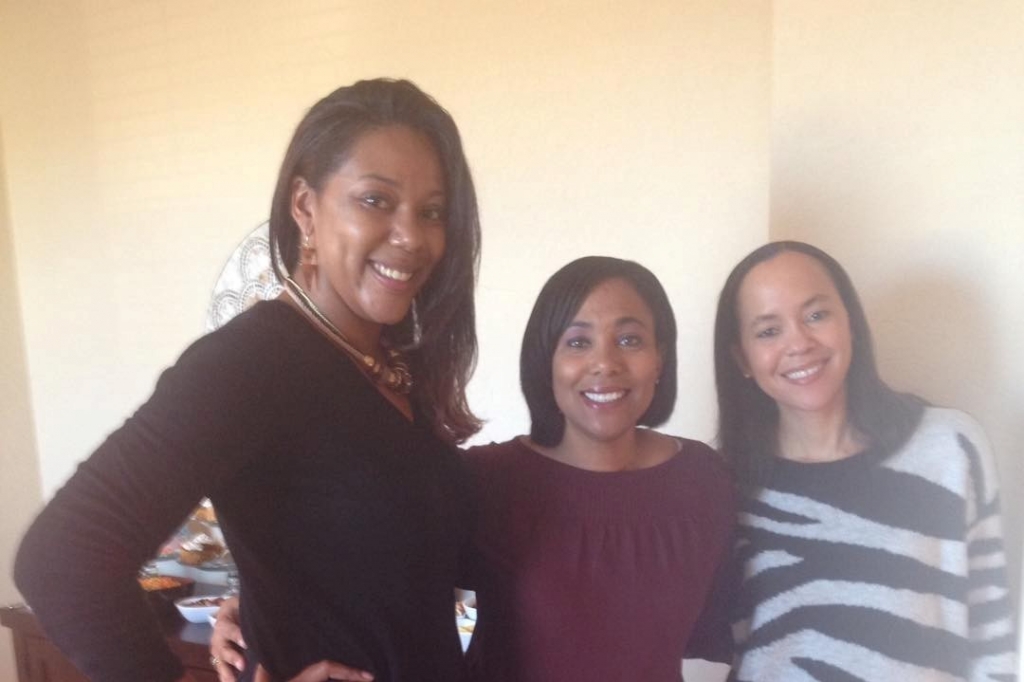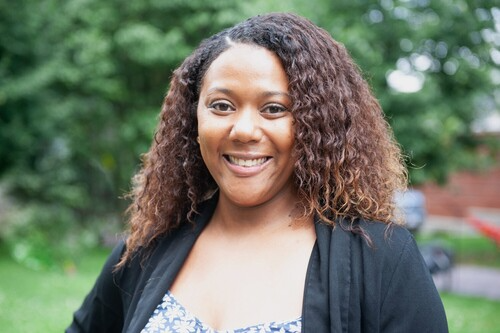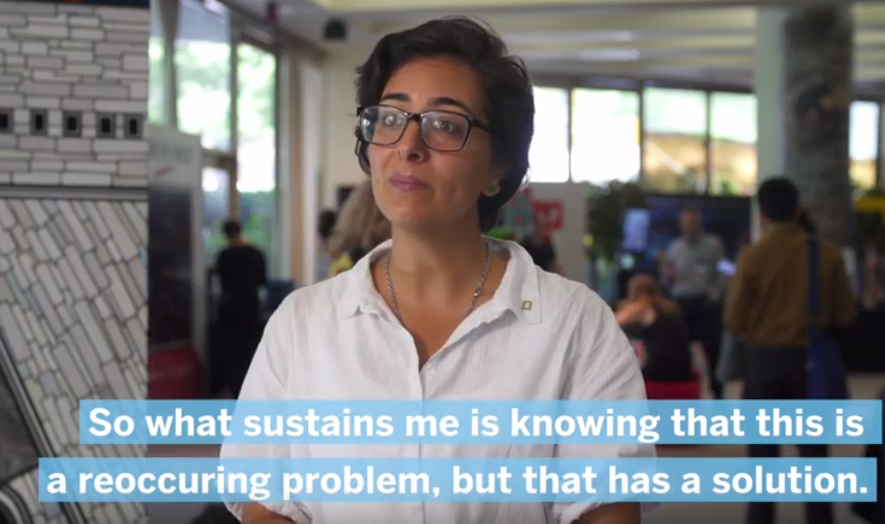
It’s not as easy as we might think. Listening is an undervalued yet essential leadership skill that can be practiced and strengthened. Lynna Chandra, founder of the Rachel House in Indonesia, has some advice.
Listening is an indispensable leadership skill. Yet unlike speaking skills and management skills, listening is seldom prioritized and even more rarely taught in the workforce. Leaders are not being trained to listen, even though they should be.
“Listening is often called a ‘soft skill’ but in fact, it’s a life skill,” says Adirupa Sengupta, group chief executive at the UK-based leadership development organization Common Purpose. “I think listening has often been underrated as being essential to leadership.”
Speaking to participants at the 2021 American Express Leadership Academy Global Alumni Summit—a virtual convening that brought over 200 for-purpose leaders from more than 30 countries together for three days of learning and connecting—Sengupta moderated a lively discussion on the power of listening as a leader.
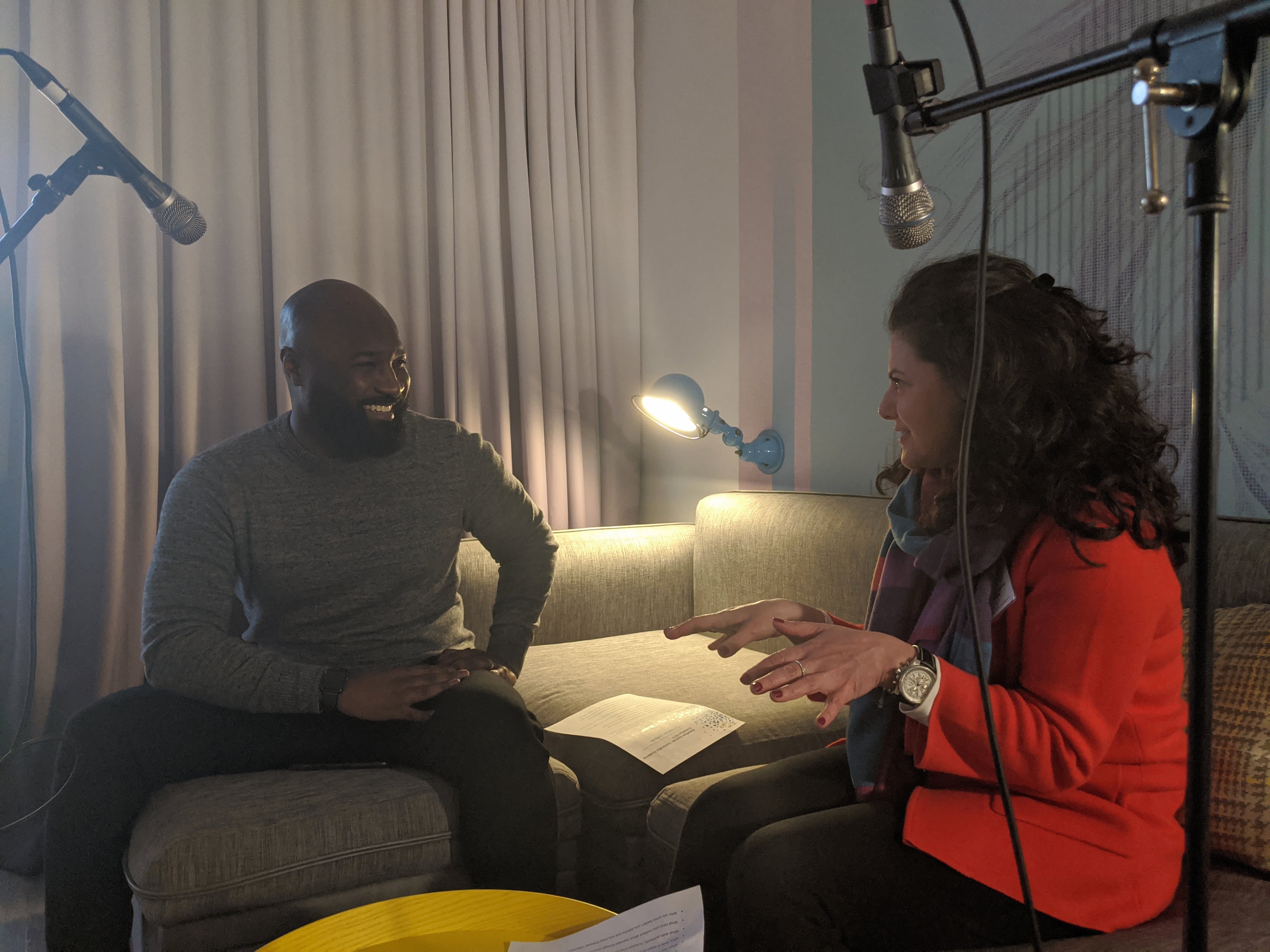
The value of being a leader who listens goes beyond offering employees a feel-good work environment. It can help drive a company’s goals forward as managers learn new perspectives, hear of risks they had not considered, or gain insights into how their employees can work better. It can bring to light what is not yet visible.
“In our training, [most of us] have never been taught to listen, to ask questions, to really ask questions for the purpose of listening,” says Lynna Chandra, founder of the Rachel House, which provides pediatric palliative care services in Indonesia.
Instead people too often ask leading questions or listen for what they want to hear, which can stifle organizations and hinder innovation.
Effective listening requires the willingness to ask questions and listen actively to the answers. In order to do this, leaders need to be self-reflective and introspective. “The more you look at yourself, the easier it is to listen to others,” says Monica J. Kerretts-Makau, academic director at the global management school Thunderbird’s Center for Excellence in Kenya.
An important place to start, she says, is with a simple question: “What should I be listening to?”
This can help leaders develop the right questions for their teams. But it’s not enough just to ask employees well-framed questions. When they respond to inquiries, leaders have to stay present, listen actively, and look for other cues. “A big part of listening is what is not spoken,” Kerretts-Makau says.
Leaders have to stay present, listen actively, and look for other cues.
Sometimes listening can get uncomfortable. Leaders may hear responses they do not like or they may be surprised by the feedback. It may create additional work if responses bring up new ideas or issues that need solving. But if leaders reject the opportunity for honest communication with their team members, it can prevent organizational growth.
“When we are used to being in the spaces that we are comfortable with, then we listen in certain ways and we’re unable to flourish,” says Kerretts-Makau.
Leaders eager to prioritize listening in their organizations might find several tools and tips helpful.
Executives can intentionally set aside time for reflection and give themselves room to meditate and explore questions.
And of course, leaders shouldn’t forget the power of the simple act of breathing.
“When you take that deep breath, you have that momentary awareness of what to focus on. There is wisdom in our breath,” Chandra says.
Once leaders create the best questions for their situation, they need to have a process that makes sure team members are heard. For example, an activity that can achieve this goal is the baton exercise where only the person with the baton can speak, and before they do, they repeat what the person before them has said. This gives people the opportunity to speak individually, leading to greater understanding.
Listening is certainly an important leadership skill for team-building and company growth, but it requires leaders to recognize the balance between listening to numerous ideas and knowing what actions to take.
“Listening to many voices while reckoning your own wisdom takes training.”
– Lynna Chandra, founder, Rachel House
“Listening to many voices while reckoning your own wisdom takes training,” Chandra says. Leaders won’t have time to listen to everything, Kerretts-Makau acknowledges, so leaders should be clear about what information they are seeking from others.
If social entrepreneurs are responding to the problems of our time, they need to be flexible and open as the world around us is constantly changing. So some of the big questions have to be asked of the leaders themselves.
“How do we train ourselves to really listen with the intent and the desire, and the courage to hear what is necessary?” Chandra asks. “How do we listen with the desire to learn?”
Watch the full recording here.
About the Speakers

Adirupa Sengupta is Group Chief Executive of Common Purpose. She has been with the organization since 2001 and has held a variety of roles over the years including CEO of Common Purpose Asia-Pacific, during which time she started a global hub out of Singapore and grew it to be a major player in the leadership field in Asia-Pacific. Read more.
Dr. Monica Kerretts-Makau is the Academic Director at Thunderbird's Center for Excellence for Africa based in Nairobi and Proffesor of Practice. Her passion and work focus on Governance/Leadership, Change Management & Communications and ICT4D Policy. Read more.
Lynna Chandra founded Rachel House in 2006 to pioneer the first paediatric palliative care service in Indonesia, and help champion the establishment of a palliative care ecosystem to benefit patients living with life-limiting conditions. Read more.


